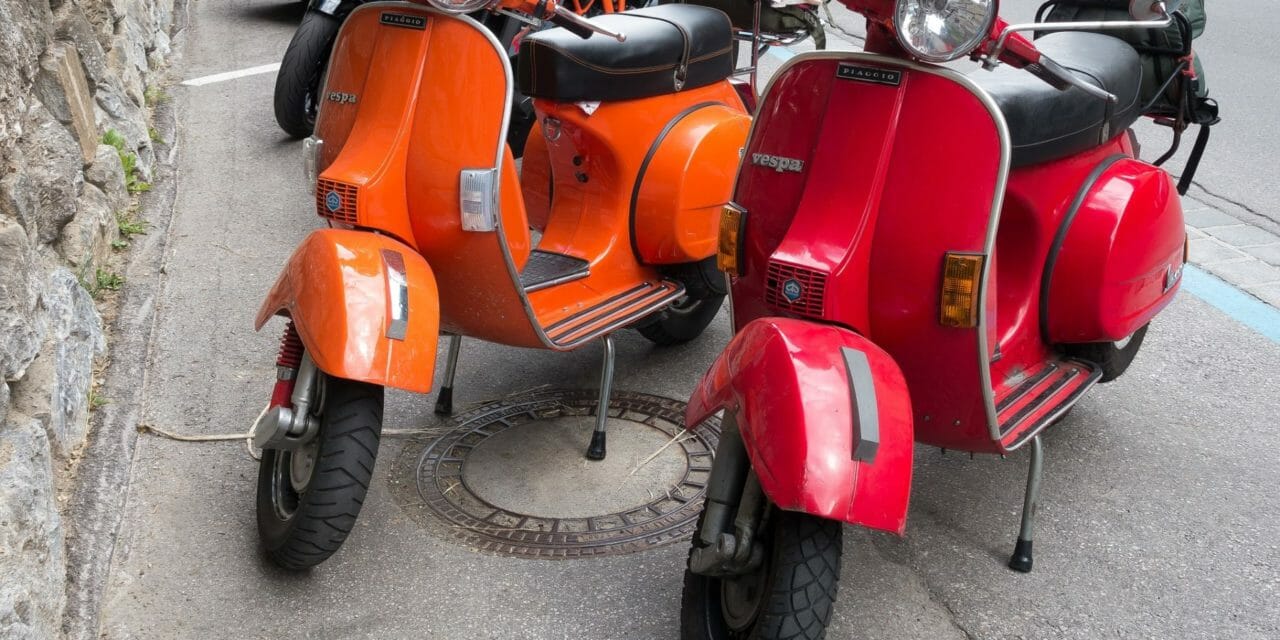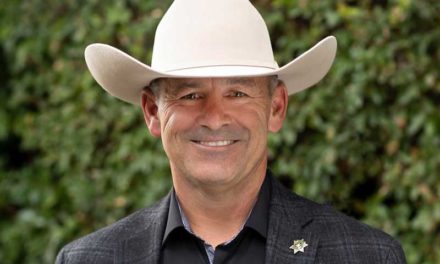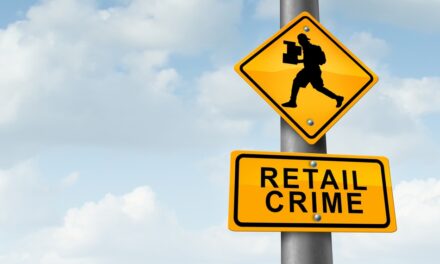Carpool and toll lane changes, speed limits and smog fees are among the topics addressed by new state laws affecting motorists beginning Jan. 1, according to the Automobile Club of Southern California.
Unless otherwise noted, these laws take effect Jan. 1, 2019:
Following is a rundown of laws affecting motorists:
Motor Scooters
Assembly Bill 2989 allows motor scooters to be operated on streets with speed limits higher than 25 miles per hour, provided the scooter operator remains within a designated bike lane and does not travel faster than 15 miles per hour. Local authorities may also allow greater flexibility for motor scooters to operate on streets without a bike lane that have speed limits of 35 miles per hour or less. The law further requires operators under age 18 to wear a helmet.
Learn more about the best gas powered scooters by clicking here.
Laws for Carpool Lane and Toll Lane Changes
Senate Bill 957 authorizes the issuance of a Clean Air Vehicle (CAV) decal to specified zero and low-emissions vehicles owned by an applicant who makes 80 percent or less of the statewide median income and who has not previously obtained a decal prior to January 1, 2017. A CAV decal allows a single-occupant vehicle to access HOV (High Occupancy Vehicle, or carpool) lanes. This new law will be in effect until January 1, 2024.
Approximately 230,000 alternative-fuel vehicles purchased before 2017 will lose single-occupant access to carpool lanes as of Jan. 1.
Assembly Bill 91 requires Caltrans to study the feasibility of establishing part-time HOV lanes on State Route 91 and State Route 60. Part-time operation would allow any vehicle to access the HOV lanes during nonpeak traffic hours.
Assembly Bill 2535 requires agencies to include photographic evidence—if cameras are used to determine a toll evasion occurrence—in notices that are issued for failure to meet HOT (High Occupancy Toll) lane occupancy requirements. HOT lanes charge tolls for single-occupant vehicles, or no or lower tolls for carpools.
License Plates Laws
Assembly Bill 516 requires licensed California dealers of new and used vehicles to attach temporary paper license plates on a vehicle at the point of sale if that vehicle does not display license plates previously issued by the DMV. The temporary license plates contain a unique number and expiration date. No vehicle can be driven off the dealership lot without the temporary license plate affixed to it unless it already has issued plates. The intent of this new law is to reduce the number of toll violators and improve safety for law enforcement during traffic stops.
Laws for Speed Limits
Assembly Bill 2363 requires the California Secretary of Transportation to convene a task force to evaluate the current process for setting speed limits and to recommend ways to increase pedestrian and bicyclist safety. The secretary of transportation must report the task force’s findings to the Legislature by January 1, 2020. The Auto Club will serve on this task force.
Smog Fees
Assembly Bill 1274 (2017) extends the existing smog abatement fee, which allows owners to avoid a smog check, to vehicles 8 model years or newer. The current $20 fee will still apply to vehicles up to 6 years old and a $25 fee will apply to vehicles 7 and 8 years old. The fee is used to support air quality programs.
Waste-Service Vehicle Safety
Assembly Bill 2115, which takes effect in January 2020, requires drivers overtaking a stopped waste-service vehicle with flashing amber lights to move into an adjacent available lane and pass at a safe distance if practical and not prohibited by law. If a lane is not available, or if changing lanes is unsafe or impractical, the motorist shall slow to a prudent speed for existing weather, road, and traffic conditions while passing. Waste-service vehicles include vehicles collecting recyclables or yard waste, vehicles used for curbside collection, and sewer and catch basin maintenance vehicles. This law will be in effect on January 1, 2020.







